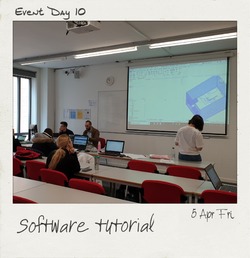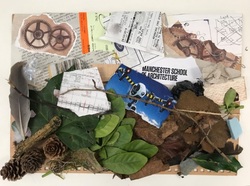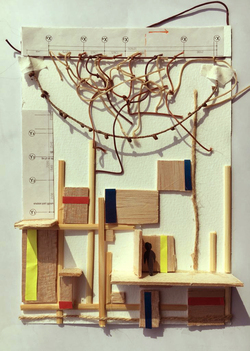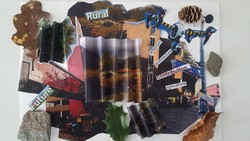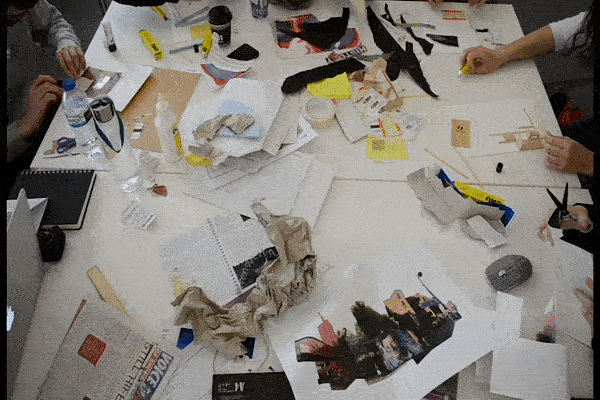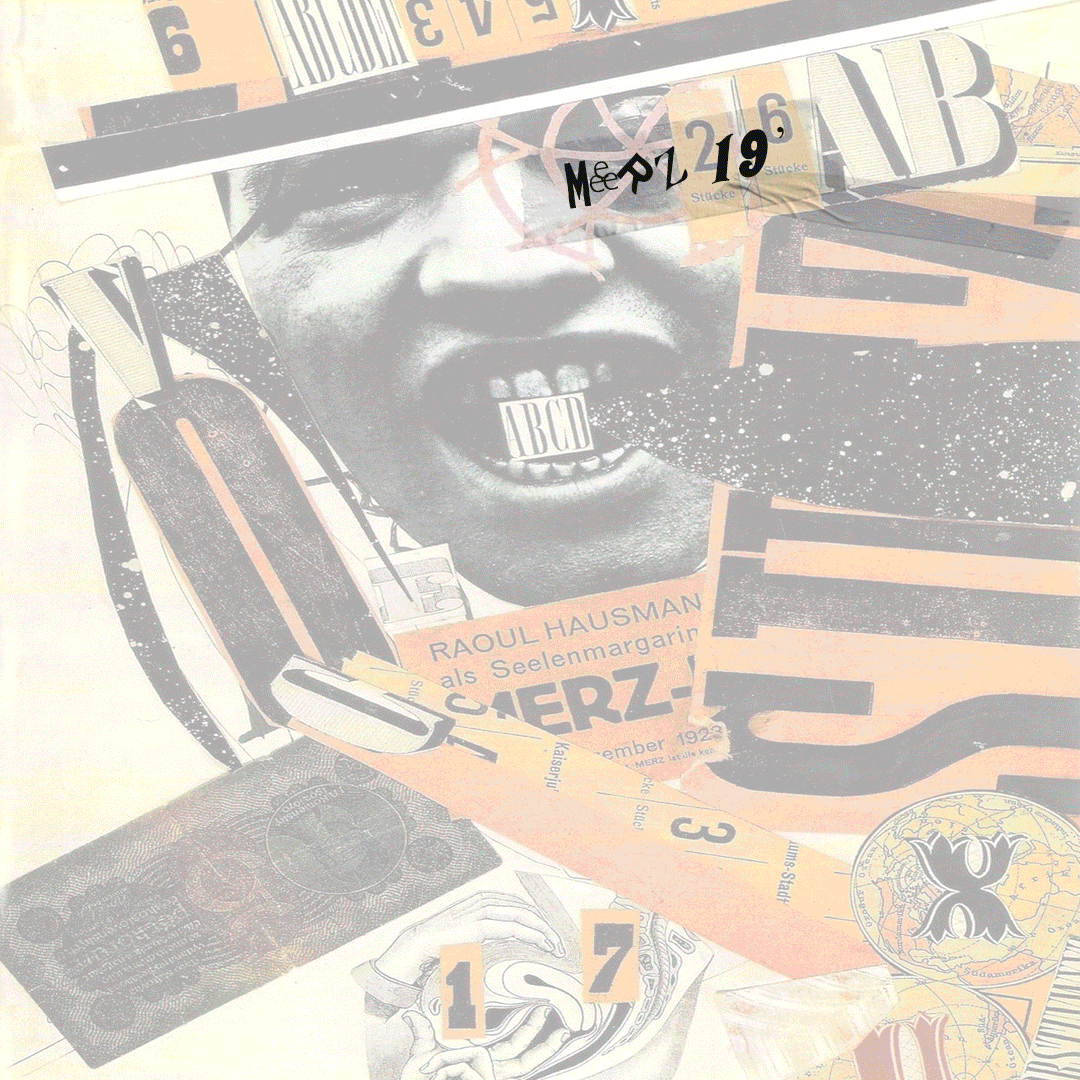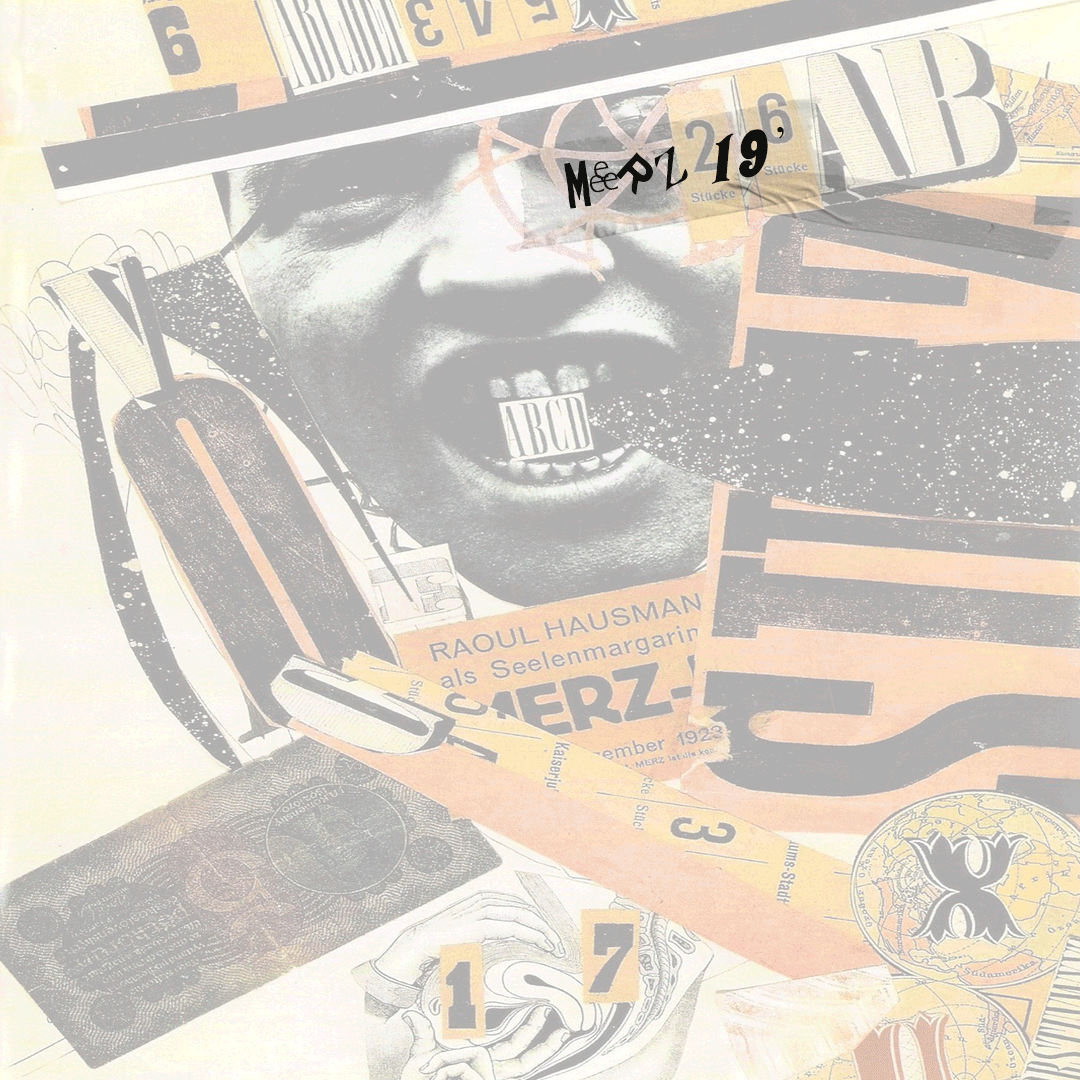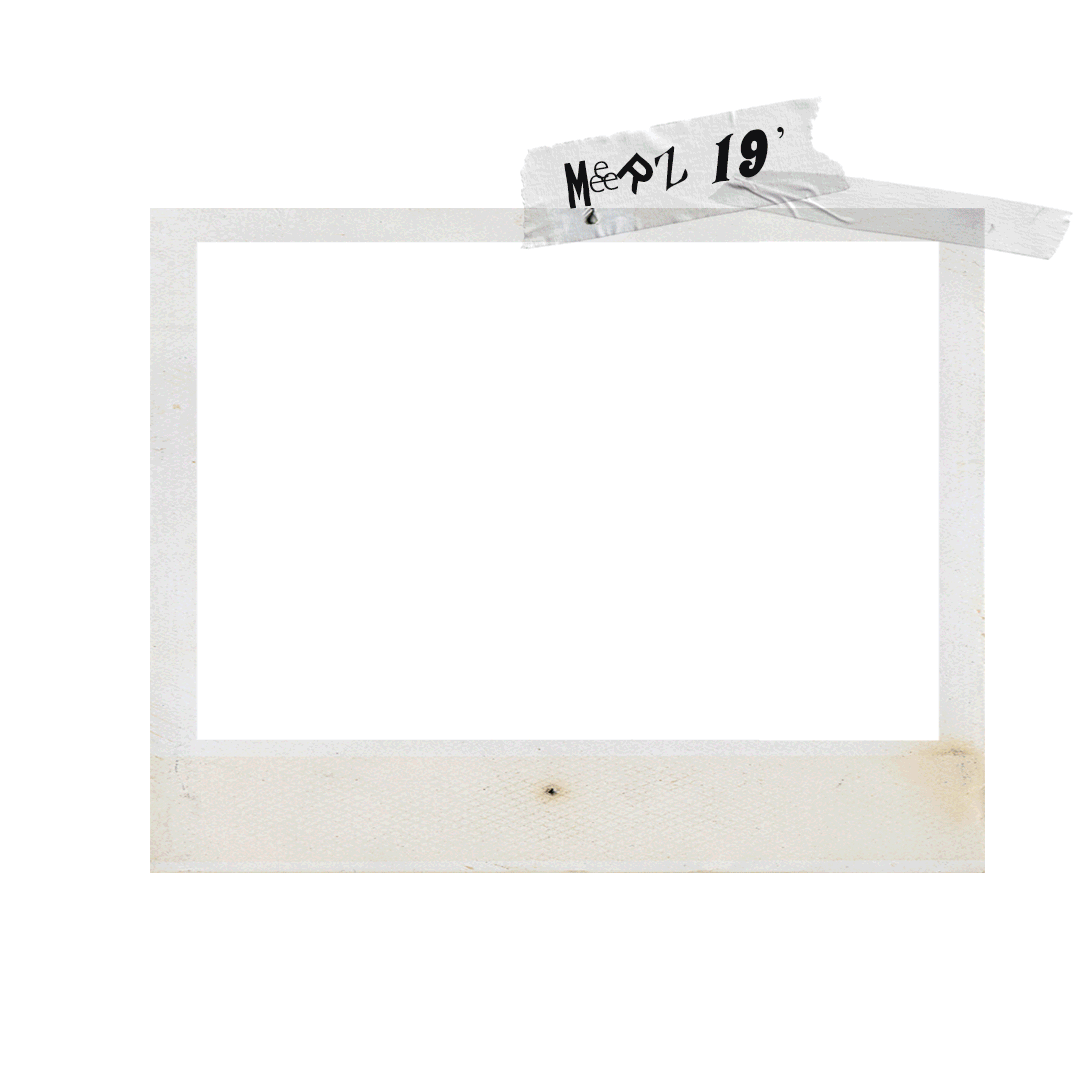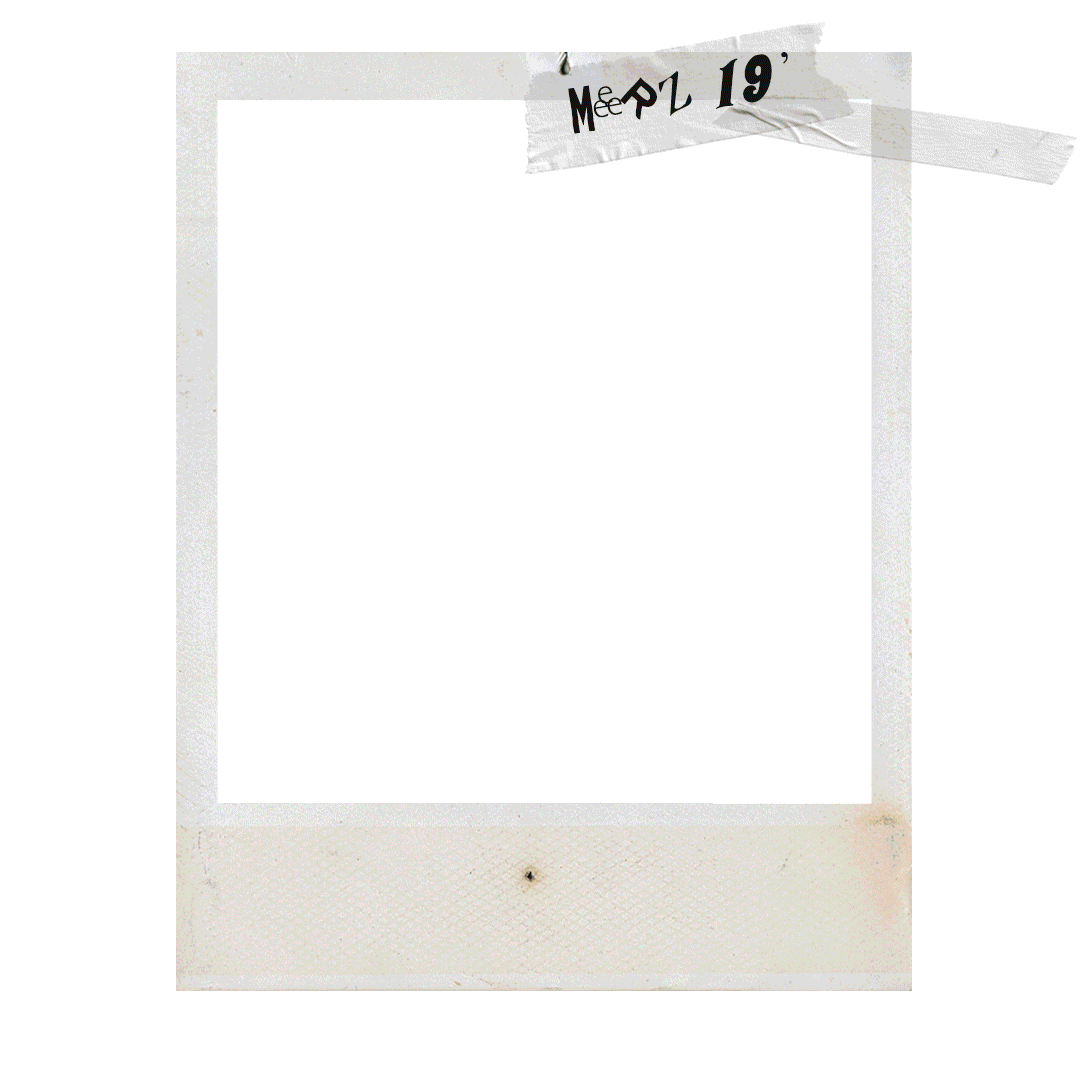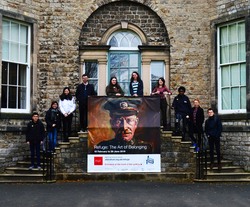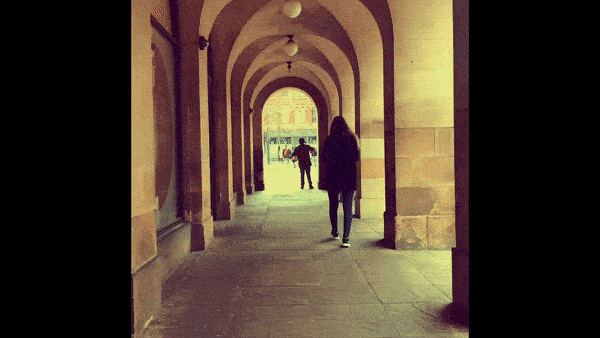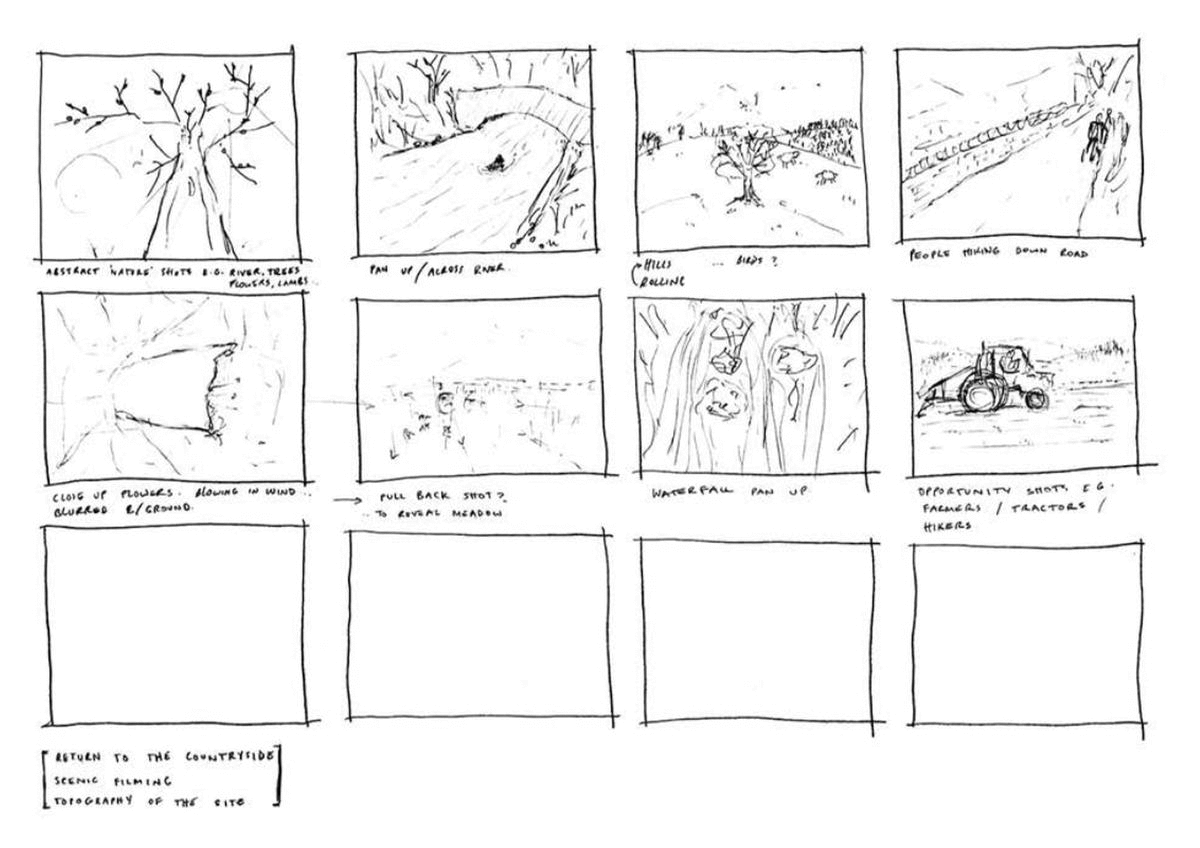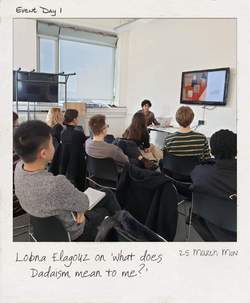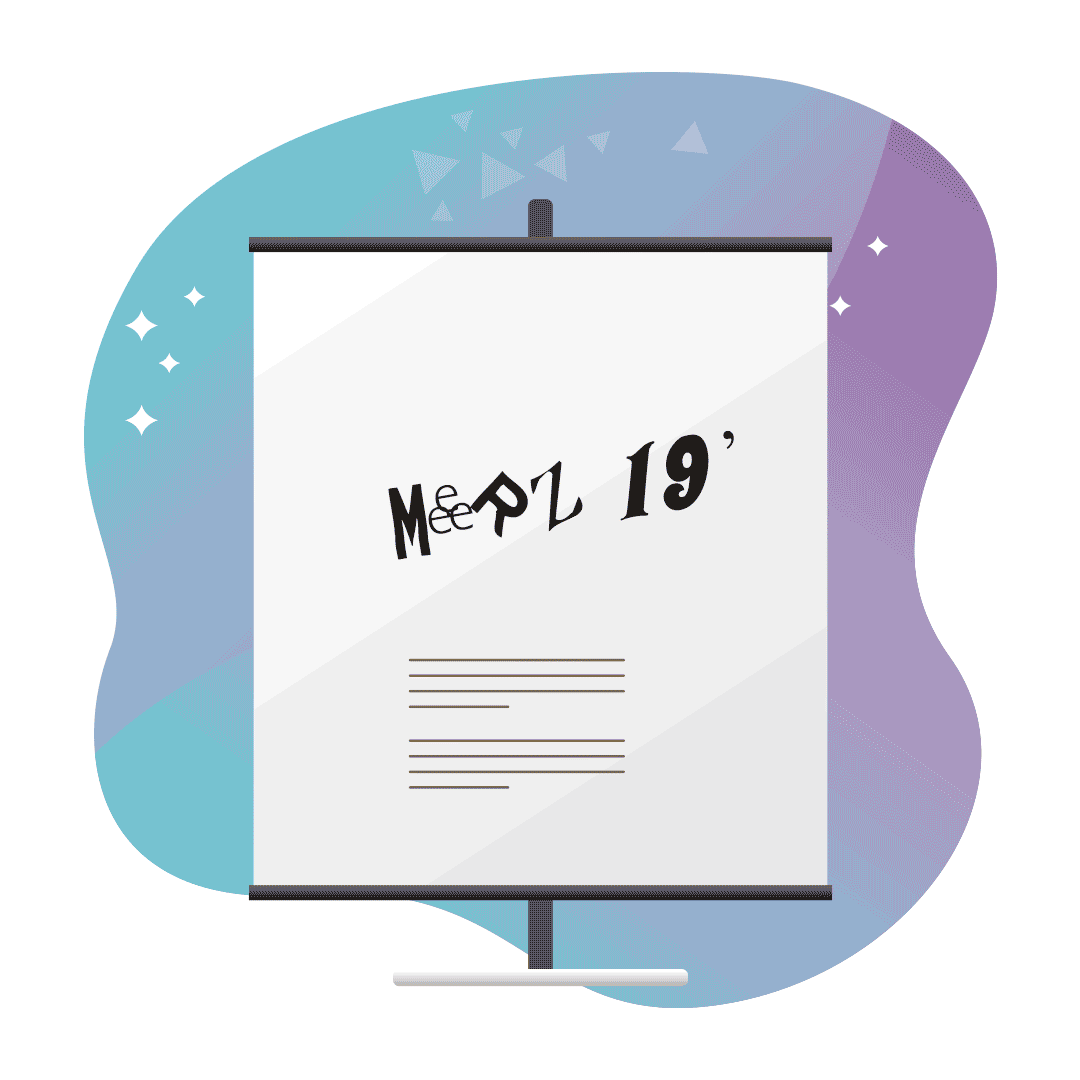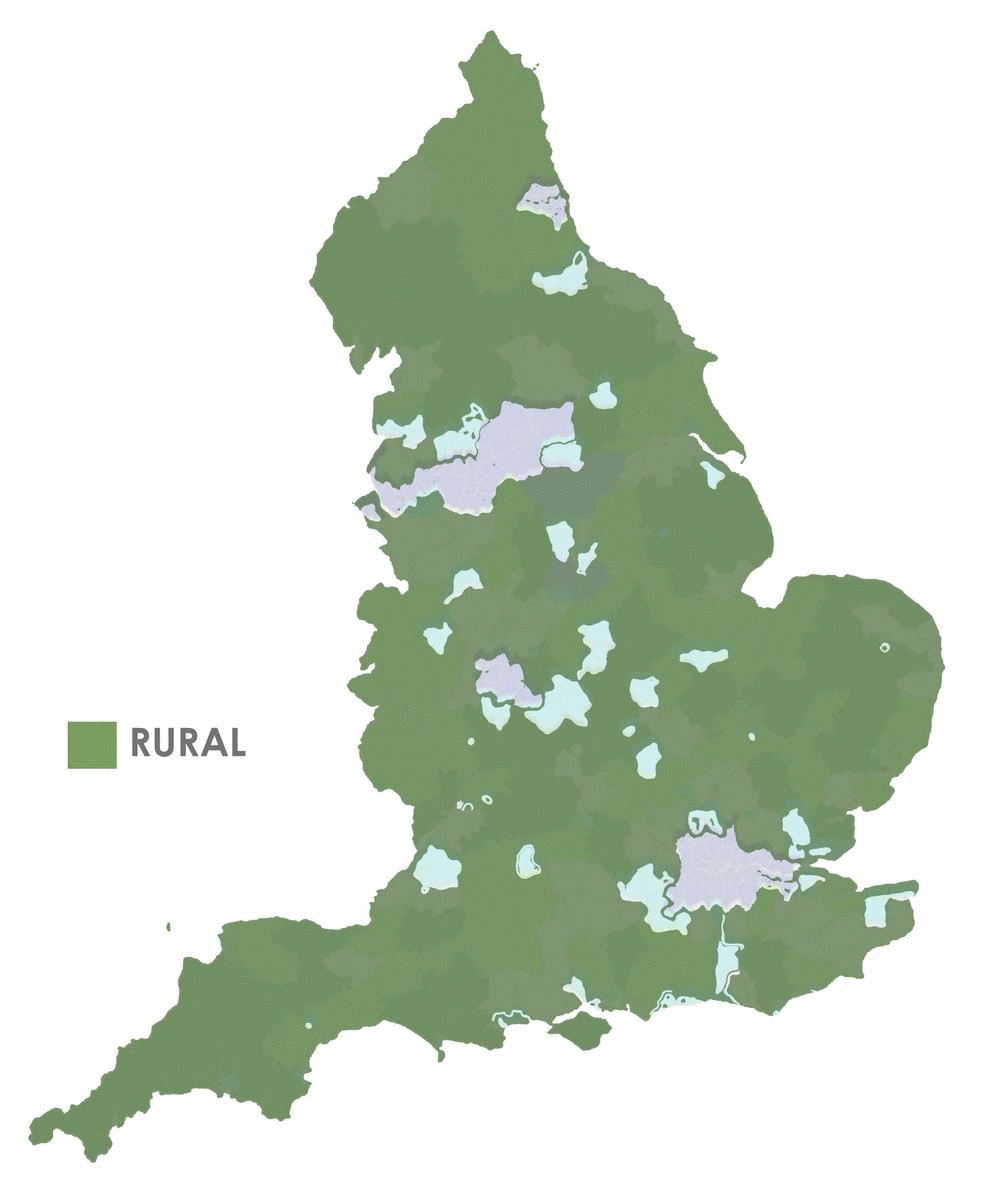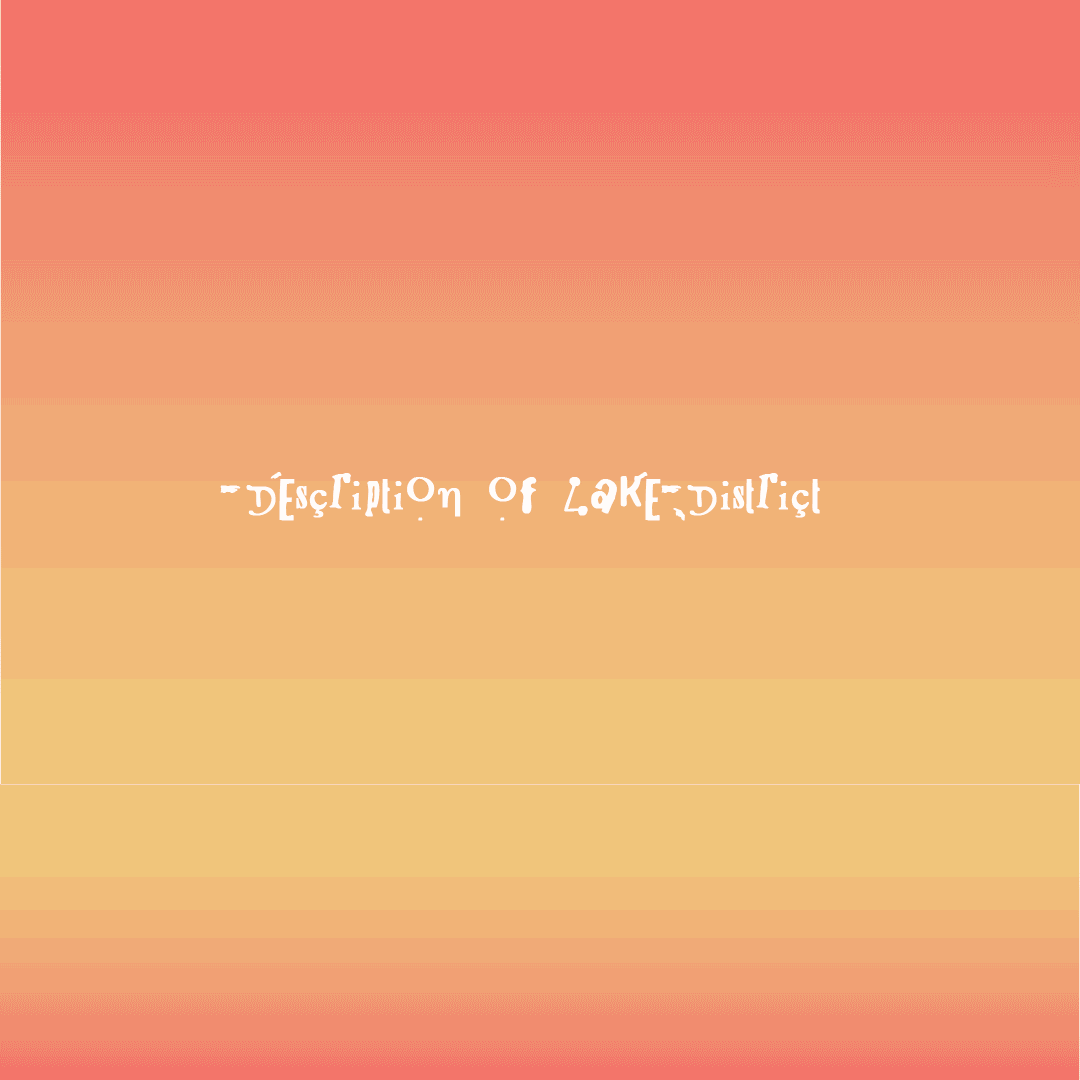Day 10 Software Skill Session and Voice Over Recording
Wrapping up the event weeks, we have done software skill tutorial and answering questions on BA students' design project and portfolio work this morning. Saad, who is working part time in an architectural firm, gave a tutorial on Revit. This afternoon, we will be doing voice over for the movie with the script we wrote up yesterday and another softeware skill session on Illustrator and Rhinoceros. We are also doing the selection of images that best describe the hectic yet rewarding two weeks!
Posted 5 Apr 2019 13:51
"SOURCE OF EXTRACTING NATURAL RESOURCES"
Henri Lefebvre in his book Writings on Cities argued that rural areas have become a source of extracting natural resources by embedding the rural into metabolism in order to support urban metropolitan structure.
“Nature enters into exchange value and commodities, to be bought and sold. This ‘naturality’ which is counterfeited and traded in, is destroyed by commercialized, industrialized and institutionally organized leisure pursuits.” (Lefebvre, 1996:158)
Posted 4 Apr 2019 15:35

"Countryside is Great"
In the The End of Urbansim Symposium 2017, there was a presentation on Hyper-rural: Rethinking Space.
In the archive article of the presentation, it talked
about rural area as a new tourist place to visit in opposite to the city and it raised the issue of place-making in the rural area and how that led to the management of rural tourism. The management of rural tourism then entails another discussion on arts in the rural area, the spectatorship and passivity approach are discouraging the artists' experience and creative vision. Key words of action such as “understand”, “share”, “make connections”, “communicate”, “knit together”, “define”, “reconnect”, “record”, “protect” and “promote” are useful in the discussion and they are use in the Arts Council England policy document Arts in the protected landscape (Arts Council England, 2008) to explore how to record and interpret art. Please click in the link below for the article.
http://ruralrecreation.org.uk/hyper-rural-rethinking-place/?fbclid=IwAR3Ngu8U630oQuf2W1_L-m05Harm8pv16syzLbbO35N8N5ueuF2khMNj2zgPosted 4 Apr 2019 14:46

"TATE BRITAIN EXHIBITION: SCHWITTERS IN BRITAIN"
Schwitters in Britain is the first major exhibition to examine the late work of Kurt Schwitters, one of the major artists of European
Modernism. The exhibition focuses on his British period, from his arrival in Britain as a refugee in 1940 until his death in Cumbria in 1948. Schwitters was forced to flee Germany when his work was condemned as ‘degenerate’ by Germany’s Nazi government and the show traces the impact of exile on his work. It includes over 150 collages, assemblages and sculptures many shown in the UK for the first time in over 30 years.
Schwitters was a significant figure in European Dadaism who invented the concept of Merz – ‘the combination, for artistic purposes of all conceivable materials'. Whether those materials were string, cotton wool or a pram wheel, Schwitters considered them to be equal with paint. He is best known for his pioneering use of found objects and everyday materials in abstract collage, installation, poetry and performance. Schwitters’s time in Britain was quite extraordinary and continues to reverberate today, with the influence he has exerted over artists such as Richard Hamilton, Eduardo Paolozzi and Damien Hirst.
Please click the link below for the information of the exhibition and a video about Merz barn.
https://www.tate.org.uk/whats-on/tate-britain/exhibition/schwitters-britain?fbclid=IwAR2Ka1d3ZH--6smWyL3jayT6T1jWW9qP-cceUI84NJQWO1YbjJ8Z8OiTXB8Posted 4 Apr 2019 11:37
Day 9 Preparing for the premiere tomorrow!
Today we continue working on editing the movie. After the preview yesterday, we had a discussion on the clips: on the speed, the sound effect and we decided to have some rearrangement on the movie so it flows smoothly. Therefore, we are working on the revision of the movie clip from yesterday and are continuing to add more footage into the movie. We are also working on the script for the voice over to give information on the findings we have got during the 2 weeks event.
On the other hand, our master students team also answer questions raised by the bachelor students on software usage, design project and portfolio as we reckon skills sharing is also a key element during the Event weeks.
Posted 4 Apr 2019 11:30
"OMA Lecture: Countryside"
In 2012, Rem Koolhaas gave a lecture on "Countryside" in Stedelijk Museum Amsterdam where he presented his manifesto on the countryside. In fact, during
our trip to Merz Barn we were told by Ian, our collaborator from Littoral Trust that Koolhaas made calls to the Merz Barn and expressed his interest in designing a museum in the barn site. And in few years, there will be a museum dedicated to Kurt Schwitters and other refugees artists and architects that fled to the UK and the US and how they played a role in the modernism of art and architecture.
Rem Koolhaas has kept his thoughts and photos of rural issue throughout the years on a blog on the OMA website, which through the blog we can have a glimpse of the architect's notions on the importance of the issue. Please click in the link below for the blog.
https://oma.eu/lectures/countryside?fbclid=IwAR3_qNvuJNEN4jVMUhlXt2HrkFIk9A0XZvaNNhe2U8SbXA5Aa5Lh9ZUy8qYPosted 4 Apr 2019 10:55
"Urban vs Rural"
Our team member, Lucy has shared with us an insightful article on BBC news about urban versus rural.
It begins with a book on the life and work of Samuel Palmer,
a romantic artist and how it opened up the discussion on the contrast between urban and rural lives. It then jumps on to some interesting statistics on people living in urban and rural area. Did you know that people living in urban tend to have a shorter life span by 2 years than people living in the rural? Did you know the proportion of the population living below the poverty threshold is 18% in the country and 23% in towns?
It's an interesting article that we can have a good discussion about. To view the article, please click the link below.
https://www.bbc.co.uk/news/uk-13617401?fbclid=IwAR0aWL2WfCzLyhdNMmWInZykmPhfNpcFcLFf0dd3b8YH1dSAVasOIcBzTZAPosted 3 Apr 2019 11:32
Event Day 8 Film Editing
This morning we continue to editing the videos — and we are combining them to be ONE MOVIE PRODUCTION! Yesterday we had a heated discussion on how we could produce a movie that is aesthetic, informative and interesting to watch and we came up with some brilliant ideas. So today we are working together as a whole team, with a big screen displaying the video editing process and everyone can comment instantly. We are also doing some further research on ruralism and hopefully we would be able to deliver those information through our movie production!
Posted 3 Apr 2019 11:07
Day 7 Video Collaging
After we did some shooting in Manchester and Lake District and collected footage of city, rural and the Merz Barn, we have started editing the videos. We started the day with skills sharing session on video editing software and have made some short clips. We have explored video collaging, overlapping clips we took in the Lake District on city landscape. The white noises come along with the video are also used to accentuate the city and rural lives. The artistic collage we did on the previous day was a useful exercise for today as it helped us to think creatively and to test the materiality.
In the afternoon, we had a review session on the video clips we made. Comments and advice were given on each clip for further improvement. We will continue the editing process tomorrow as a whole team.
Posted 3 Apr 2019 10:53
Day 6 - Collage manifesto
"Destruction
My art piece talks about the human intervention in nature. The bottom of the page represents earth with all its various textures (ex: leaves, rocks, feathers etc). Most of the natural materials were found on walks during the lake district trip. Next, I started overlaying paper, pieces of plastic bags, tickets and metal wires to represent human intervention. When I added the rusty wheels, I was thinking about the industrial revolution and the amount of damage it brought to the lake district. The Manchester School of Architecture also was purposely added because our industry, along with construction are from today’s most environmentally damaging industries and we, as students are responsible for making a change soon." - Farah Arar
Posted 2 Apr 2019 11:53
Day 6 - Collage manifesto
"The piece is a simple depiction of the comparison between the urban and the rural and the development of them both. As the urban is a modern construct in the grand scheme of the world however the exponential growth of this urban domain is causing major issues that are visible now. It shows that urban sprawl is not truly thought through and what we would call natural or urban is now being replaced. The layers therefore show how the cause of such destruction is multifaceted, ultimately meaning nature needs to run its course to solve the problems caused by man." -John Bell
Posted 2 Apr 2019 11:01
Day 6 - Collage manifesto
"The collage composed of sticks and wood pieces organised in grids and lines manner is inspired by Piet Mondrian work. Colour strips are added on the wood pieces to show the vibrancy of city life. The De Stijl style represents the city composition reduced to form and colours, it also looks like the scaffolding for construction. The grid from an architectural drawing is used in the collage to show order and scale. The strings are the wires overhanging in the city. It's a collage of Dadaism crossovers De Stijl style: the organic, spontaneously form clashing with the structured and proportional art style." -Ethel Ng
Posted 2 Apr 2019 11:00
Day 6 - Collage manifesto
"My artwork presents how rural areas are in kind of crisis because of human interventions. The reality of growing cities, with a huge increase in the number of buildings, makes us think about the future of rural areas and how that will reflect on our life. Despite our attempts to maintain rural areas, our impact is still really obvious. I tried through this work to bring attention to how important is to have a clear strategy for the future of our nature. I used some images of the Lake District and some natural material which were collected from that area to show some materials that we may miss them in our lives in the future if the cities continue to grow in the same way." - Saad Sharifeh
Posted 2 Apr 2019 10:58
Day 6 - Collage manifesto
"My piece is about the difference between the two societies- rual area and urban area. The main difference between the two societies as under: rural society is the one which has not industrialized, whereas present urban society is highly urbanized and industrialized. Our life habits reflect in the way of living, while nature is being threatened nowadays. May be is time to change the way of what we want for our future, to preserve the country’s nature, basic culture and traditions." - Kelly Cheung
Posted 2 Apr 2019 10:53
Day 6 - Collage manifesto
"Untitled” explores how different rural and city life affects the way we choose our materials for building projects. The verticality of the composition from the hand and the neon earplug draws attention to the wastefulness of resources around us. The ‘hand of god’ holding onto the piece of plastic also brings to light the (plastic) waste we produce within the architectural world. It is a critique on how we have been treating our surroundings which falls into the Dada criteria of using art as a trigger to discussions in our political and everyday lives." - Chloe Chan
Posted 2 Apr 2019 10:53
Day 6 Collage manifesto
"I have recreated the landscape surrounding the Merz Barn near Elterwater in the Lake District. My collage represents the ephemeral nature of the countryside which is constantly being challenged
by issues such as subsidised farming where there are too many sheep for the land to recover, and tourist dependancy which is spoiling rural communities through families buying second ‘holiday’ homes which they do not occupy for the majority of the year. The collage consists entirely of
found and repurposed materials both from Manchester and the site of the Merz Barn itself. " - Rachel Amy Price
Posted 2 Apr 2019 10:53
Day 6 - Collage manifesto
"My piece is an illustration of nature’s beauty from the morning to the evening. I used colours to suggest the atmosphere of time; yellow as the brightness of the sun during the morning and black as the darkness of the evening. Through contrasting, they are still connected through the natural forms of the countryside (such as leaves/pinecones etc). Each colour produces a distinctive response of how the greenery looks against it, portraying different perceptions and forms of beauty" - Sonali Mathur
Posted 2 Apr 2019 10:49
Day 6 Collage manifesto
"This work represents the contrast between urban (left) and rural (right). While the urban forms a well connected network, the rural is characterised by enclosed fields in separate ownerships. The rural was once ‘urban’ in the 1990s, with industries such as mining and gun powder manufacturing. Many modernist ideas began with the experimentations and artworks generated in the rural. These values were overlooked as attention was continuously shifting to the city. The metal strip symbolizes the re-connection to the rural, and the rings at the two ends reminds us that innovations happened both in the urban and rural." - Jonathan Ngan
Posted 2 Apr 2019 10:45
Day 6 Collage manifesto
"The Dada-style collage represents a walk in the Lake District countryside. It has little order and no direct route, something which is unusual to find within the context of a city or town. Urban settlements are structured and littered with landmarks all competing for centre stage, whereas the rural is ambiguous and filled with subtlety. The colours of the collage are soft and muted to represent this. There was little order in its conception as I wanted the collage to be created organically and in line with the Dada notion of conscious ‘non-art’, as well as the disorganised nature of the rural." - Grace Conway
Posted 2 Apr 2019 10:42
Day 6 Collage manifesto
"The Rift Between Modernity And Freedom
The piece draws upon the statistical areas of modern life; the antithesis of nature. Despite urbanism's original intentions to provide convenience and stability, the drive for efficiency to achieve such goals have placed further constraint and strain on the modern individual. Statistical surveillance of the separate members of the population reduces a person to facts and figures drawing away from what is natural. Pushing human nature into a binary form, constricting the freedom of movement and activity provides a stark contrast to the principles of Dadaism. Visually, the organic materials are placed on the fringes of the urban and modern human focus, set against the distorted silhouette of the Langdale peaks." - Lucy Kendall
Posted 2 Apr 2019 10:40
Day 6 Collage manifesto
"This piece is inspired from a particular Dada collage by Kurt Schwitters, in which lots of squares and right angles are used. I decided to use a similar theme in this work, to represent the orthogonality of the city and how everything seems to be right angles to each other there. This contrasts with the more organic and natural layout of the rural areas, where roads, streets and rivers wind through towns and villages." - Matthew O'Rourke
Posted 2 Apr 2019 10:37
Day 6 Dada Art Session
We collected an array of materials from both the Lake District and Manchester to create dada inspired art. This morning we started using the materials to make the collages. A messy start to a great result!
Posted 2 Apr 2019 10:36
Day 6 Dada art session
Fresh week calls for the dada collaging workshop where we put together a Schwitters’ styled storyboard from the previous week. We brought together the materials we have amassed from the trip and studio work to be put in the collage. The collages are trying to show the contrast between the man-made and the nature. The workshop has given people more exploration space as to how they wanted certain things to be presented.
Posted 2 Apr 2019 10:34
Reminder for Day 6
Hi guys, Hope u enjoyed our little trip and got a good rest! Just a quick reminder to bring any used materials u have at home or from the nature that you have collected in the barn, for examples,envelopes, sketchbooks, stamps, tape etc, for our dada art session tomorrow.
Posted 2 Apr 2019 10:34
Day 5 Lake District
Twenty minutes hike uphill from the barn lays a hilltop with an amazing view out towards Ambleside and Elterwater. The group did more filming on top to show the contrast between the city and the rural life. We also did quick sketches of the scenery that will then be used in the Dada collage themselves. The group concluded the trip by taking a short stroll from Chapel Stiles to Elterwater and did a short wander round the lake.
Posted 2 Apr 2019 10:33
Day 5 Lake District
Starting the day by visiting Kurt Schwitters’ Merz Barn, Ian Hunter from Littoral Trust has kindly given us a brief talk about the surrounding areas and its industrial landscaped past used to make gunpowder. He then explained the history of the barn and his future aspirations for the area. The site where Merz barn is in is masterplanned by landscape designer Harry Pierce. The barn itself holds a historical significance in that it is a symbol for the rise of modernism as Schwitters tried to rebuild his project in his Hannover flat. We then went around the area and started collecting materials for our own interpretation of a Schwitters’ styled Dadaism collage for the coming week.
Posted 2 Apr 2019 10:32
Day 4 Lake district
We visited Abbot Hall Art Gallery in Kendal on our first day in the lake distrcit. We learned about Kurt Schwitters and his art work related to dadaism and his escape from the war. We also got to visit the Merz Barn from which Schwitters created his work. As a result, we came up with our own pieces of art inspired by our trip and our exploration of dadaism.
Posted 1 Apr 2019 14:22
Day 4 Lake District
Heading to the lake district, we made a pit stop to Abbot Hall gallery in Kendal to see a special exhibition about Refuge: The Art of Belonging that showcases artists entering Britain as a result of Nazi occupation. The exhibition shows a tangible connection between Kurt Schwitters’ and the beginning of modernism as artists and architects flee their homeland to UK and US. We also visited the Museum of Lakeland Life that tell us a little about the Arts and Crafts movement and the rural lives people have lived in the Lake District and how the landscape has influenced their lives.
Posted 31 Mar 2019 19:46
Day 3 Filming in the city
Following up from our storyboards, we went out to the city to start filming. We captured footage of the movements, noise and activities we found interesting. The aim is to create a good contrasting feel with tomorrow's countryside footage. The result would show the ways in which the rural stands out as a sustainable place and bring the two different lifestyles in a clear visual way.
Posted 27 Mar 2019 13:48
Day 3 Filming in the City
After the discussion of our storyboards yesterday, the team has gone out to the city centre to take footages of the bustling city life which will later be compared and contrasted to the footages shot in the quaint countryside (lake district!) and to see if there are some overlapping between spaces and surroundings.
The idea is to build up a library of footage we can use to make a short documentary film that talks about the rural issues of Britain, comparing the different lifestyles and to explore the uncertain future for the countryside post-Brexit all whilst using dada collaging techniques.
Posted 27 Mar 2019 11:55
Day 3 Filming in the city
We are all ready and excited to head to Lake District tomorrow! We had the storyboarding workshop yesterday and came up with some creative filming ideas! We are going to do some filming in Manchester city today to get ourselves familiar with the equipment and practice filming techniques. We are all looking forward to immersing ourselves in the atmospheric UNESCO site of Lake District!
Posted 27 Mar 2019 11:06
Day 2 Storyboarding Workshop
Today we began brainstorming ideas and themes for our movie. Following up from the talks on the first day, we've created storyboards that cover these extracted themes:
- Countryside's role in promoting sustainable living
-The contrast between city and rural life
-Architects and artists, especially dadism
-The return from the urbanised to the countryside
-The portrayal of topography and landscaping.
We will also touch upon facts and firgues about the lake district including its recent label as a UNESCO world heritage site.
Posted 26 Mar 2019 15:37
Day 2 Storyboarding Workshop
Coming back from an extensive day of talks yesterday, the group has set out different themes we wanted to explore for the next weeks.
We begin the day by putting together four different groups exploring the different issues regarding Dadaism and the countryside. The issues to be explored are countryside's role in promoting sustainable lives; Dadaism and the migration of ideas in the countryside as the artists and architects fled Nazi Germany; return to the countryside and the contrast to the city. After rigorous discussions between the different groups, we then started to draw out our visions and ideas for the film.
We will later combine the storyboards and present them in the form of a dada style collage. By changing the storyboard to a dada collage, it encourages us to visualise spaces we wanted to present very differently and that helps with presenting ideas in the future.
Posted 26 Mar 2019 11:54

Day 1 Ruralism talk, Eddy Fox
Eddy Fox, programme leader for landscape architecture in MSA, gave us an inspiring talk on ruralism. There is a perceptual distinction between city and country side. The urban-rural dichotomy demonstrates how city has always been perceived to be superior over rural. The rural is considered to be ‘wild, dangerous and irrational’ compare to cities. In UK, the enclosure movement segregated the common rural area into privatized fields which made it even more difficult to unify or rationalize. The Garden City Movement, the Eixample and other philosophies from John Ruskin, William Morris and Cedric Price aimed to break down this dichotomy by integrating the advantages of the rural with urban development.
Eddy went on to describe the challenges in Lake District, including flooding, overgrazing, ageing communities and ecological impacts. In particular, the economic model in Lake District is unsustainable; the grazing industry is declining even with subsidies and the locals are having very low income. House prices are rising and becomes unaffordable to them. As Lake District had been listed as UNESCO world heritage, the future plan will need to balance the conservation of nature and the development of new economies and technologies such as renewables to revive the area.
Posted 26 Mar 2019 10:45
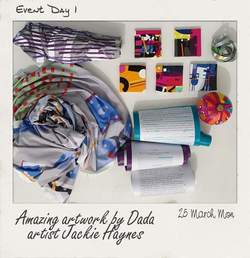
Day 1 Dada talk,Jackie Haynes
Dada artist Jackie Haynes brought her amazing artwork to share with all of us and gave us some creative ideas on how to create Dada art. She’s currently doing a PhD researching into Kurt Schwitters’ life and she has examined thoroughly into the tangible relationship between the digital and materialism in artworks that challenges assumptions.
Jackie also believes in reusing and repurposing artwork to give them a second life after the exhibitions. The idea she has about moving artworks around in some sense runs parallel to the idea of Dadaism and goes into the nomadic entity party of Schwitters’ research. Lastly, regarding the histories of Dadaism, she has talked extensively about the missing voices of the art period – the women that gets written out of art histories and her work tries to bring light to the missing links to the table. Mina Loy is a important figure in the dada art movement that does not get enough recognition for her work done within Dadaism and Jackie sets out to incorporate Loy’s work within hers to let more people know about the missing voices of Dadaism.
Posted 25 Mar 2019 18:54
Day 1 Dada talk, Lobna Elagouz
Lobna Elagouz also shared to all of us today what does Dadaism mean to her, how it inspires her studio project and gave us tips on how to film on the Merz barn site!
Posted 25 Mar 2019 18:48
Day 1 Dada talk, Dominic Sagar
Day 1 of our event week began with Dominic Sagar enlightened us on 'What is Dadaism?' with lots of inspiring images!
Dadasm is from the ‘madness’ after WWI. Intellectuals fled to the US bringing with them modernist ideas. Kurt Schwitters proposed his own vision of ‘MERZ’, taken from the bank ‘Commerz’, through collages and Merz barns he work on in Germany, Norway and UK. He distinguished himself from political aspect of dada.
Posted 25 Mar 2019 11:55
Preparation for the events week
Here is a preview of the exciting things we have planned for the events week! Remember we have a upcoming lake district meeting on Monday (18/3) at the Benzie cafe at 11am. See you all there!
Posted 17 Mar 2019 20:42
Background inforamtion Rural area
Despite England's large rural area, taking over 70 percent of the map, a 2017 record only shows 17 percent of the population living in the countryside, while 83 percent are concentrated in the blue urban zones. This is manifesting through urban congestion, pollution and rural neglect. We'd like to create a vision that would bring back appreciation and awareness to the benefits of living in the countryside, highlighting its irreplaceable and sustainable quality of life.
Posted 24 Feb 2019 11:19
Background information Dadaism
Dada began in Zurich from 1916-1922 and became an international movement. It was an anti-art and anti war movement. Dada involved a variety of different concepts from geometric tapestries and glass to plaster and wooden ornaments. It also involved a variety of different things from visual arts, literature, art manifestos and graphic design. Th aim of the movement was to provoke an emotional reaction from the viewer. The main influences were Abstractions and Expressionism followed by Cubism and Futurism later on.
Posted 18 Feb 2019 13:03
Background information Lake District
The Lake District National Park is England's largest park which is in the north-west corner of England, in the country of Cumbria. There are 42,400 permanent residents nowadays. The aim of Lake District National Park is to become an inspirational example of sustainable development in action. They are finding ways of encouraging sustainable tourism without damaging the beautiful landscape.
‘We want a tourism industry that is successful and profitable and protects the local environment and culture.’ Stated by the National Park Authority.
Posted 18 Feb 2019 12:21
Revised Session Plan
We have updated our event weeks activities - we are going to make a film! We will be shooting scenes in the Lake District and learning film editing skills. The film will take inspiration from Dadaism and discuss rural issues. It will be displayed at the end of the year exhibition.
Posted 14 Feb 2019 18:23
Lake district
Looking forward to our exciting trip to the lake district. We will be capturing elements of the countryside as we travel, gathering content for our movie. By this, we will create a library of footage from which we pick our strongest vision and bring it to show at the end of our program.
Posted 12 Feb 2019 16:06
Team introduction Merz 19'
Hi guys, let's introduce ourselves in the team!
Kelly Cheung Infrastructure Space
Chloe Chan Praxxis
Farah Arar Platform
Saad Sharifeh Platform
Jonathan Ngan Infrastructure Space
Ethel Ng Platform
Posted 27 Jan 2019 13:26
Conceptual Stage
‘We need more of this criticality today – an architecture that jolts free from the spectacularity of the icon builders’ ‘ It is possible to scream with rubbish,’ by Tom Wilkinson in ‘Dada lives’ Architecture review.
Schwitters’ Merzbauten experiments continue to inspire many of the leading international artists and architects nowadays, like Zaha Hadid, Daniel Libeskind, Rem Koolhaas, etc. In this context, we are thinking to host a major international Merzbau exhibition or Dadaism workshop which influence in contemporary architecture, landscape, rural design and art.
Posted 26 Jan 2019 14:05
Session plan
Hi guys! Take a look at our event weeks activities which include 3D sculptural workshop and field trip to the Lake District! We cant wait to meet our team!
Posted 26 Jan 2019 13:18
Conceptual Stage
‘The fact that more than 50 percent of the world’s population now lives in cities has become an excuse to ignore the country side,’ said Rem Koolhaas. Are the diminishing villages deemed to make way for luxury resorts and tourist facilities? As we look into the Lake District and Dada movement, we will search for new meanings and values of the rural.
Posted 9 Jan 2019 16:12
Conceptual stage
The beautiful Lake District is an ideal place for us to embark on an adventure on rural issue! With the breathtaking scenery of one of the UNESCO World Heritage Sites in front of the eyes, the event group will have a deep understanding on rural by immersing oneself into the nature. Merz Barn by Kurt Schwitters in the lake district will inform us the artist's view on ruralism and will be used as an inspiration for the discussion of the matter.
Posted 9 Jan 2019 15:05
Merz 19' poster
Our group will be working with collaborators from the Lake District. We are excited to have several visitors during the events week to hold creative workshops and discuss ideas about the rural!
Posted 9 Jan 2019 06:03
Conceptual Stage
Earlier on in our process, we sat around and put together collages that best represented our personal interpretation of the brief provided by our collaborator. It has been brought to my attention that the dadaism is a very important aspect with the Merz barn and the concept is to incorporate some dadaism ideas into a contemporary rural studio settings.
Posted 29 Dec 2018 19:18
